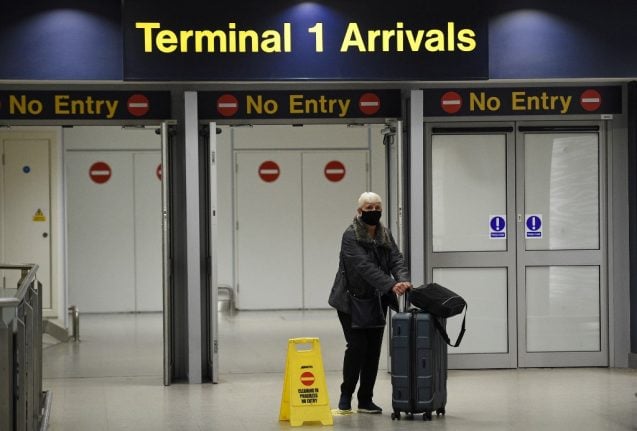"Real Sociedad have reached an agreement with David Moyes to be the coach of the first team until June 30th, 2016," Sociedad said in a statement published on their website.
"Tomorrow (Tuesday) the details for his official presentation and the backroom staff led by the Scottish coach will be finalised."
Moyes, 51, was sacked in April after less than a season in charge of United as they failed to qualify for the Champions League for the first time since 1995.
SEE ALSO: Ten things everyone needs to know about Spain's La Liga
The Scot enjoyed a broadly successful 11-year spell at Everton prior to taking the job at Old Trafford, although he has yet to win a major trophy as a coach.
Sociedad have been looking for a new coach since Jagoba Arrasate was sacked last weekend after just one win in their opening 10 league games.
However, they responded in style to beat La Liga champions Atletico Madrid 2-1 on Sunday, which saw them move out of the relegation zone.
Sociedad have a history of appointing British managers, starting with Henry Lowe, who took charge for five years from 1930.
John Toshack enjoyed three spells as boss in the Basque town of San Sebastian, while current Wales manager Chris Coleman had an ill-fated six months in charge during the 2007-08 season.
Moyes recently told the BBC that he was interested in coaching overseas.
"It is something that we don't report enough — British managers outside the (British) shores," he said.
"It will actually help the development of coaches, where you can come back and give a bit back to them — tell them the experience you have had working in Spain, Italy, Germany or wherever it may be."
Moyes had a long but undistinguished playing career as a central defender before going into management with Preston North End, then in the English third tier, in 1998.
He joined Everton in 2002 and led the club to consecutive top-eight finishes between 2006 and 2013, despite having to operate on a shoe-string budget.
He earned the admiration of legendary United manager Alex Ferguson during his time at Goodison Park and when Ferguson stepped down at the end of the 2012-13 season, he invited his fellow Glaswegian to succeed him.
But Moyes's tenure proved a disaster and he was sacked in April as the defending champions slid towards a seventh-place finish in the Premier League — their lowest position since 1990.
Australia midfielder Tim Cahill, one of Moyes's most successful signings at Everton, welcomed the news, writing on Twitter: "Great to see David Moyes back in the game @RealSociedad. Was only a matter of time."



 Please whitelist us to continue reading.
Please whitelist us to continue reading.
Member comments